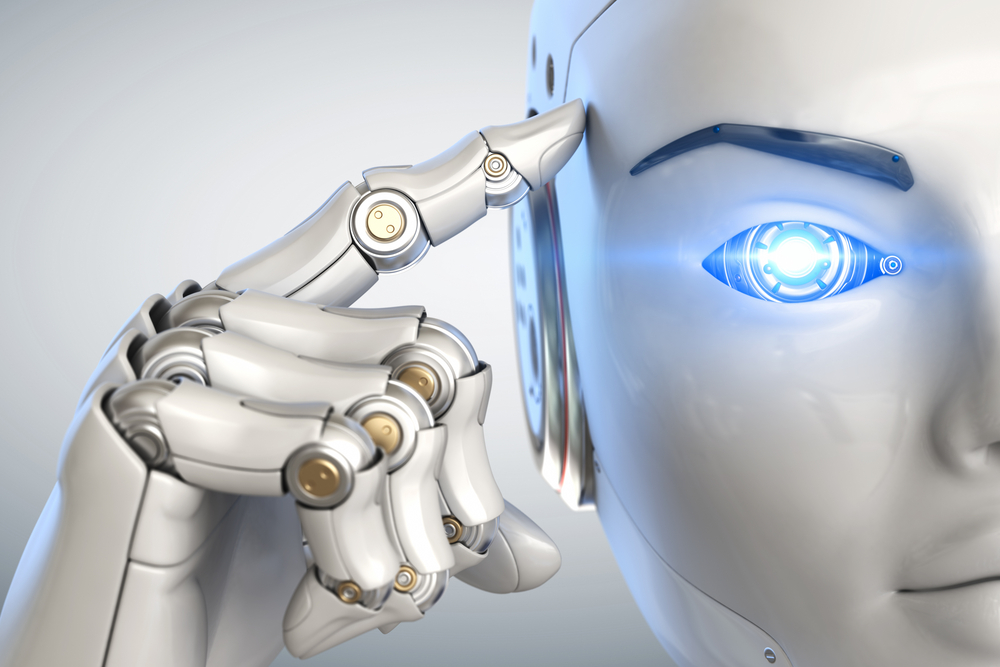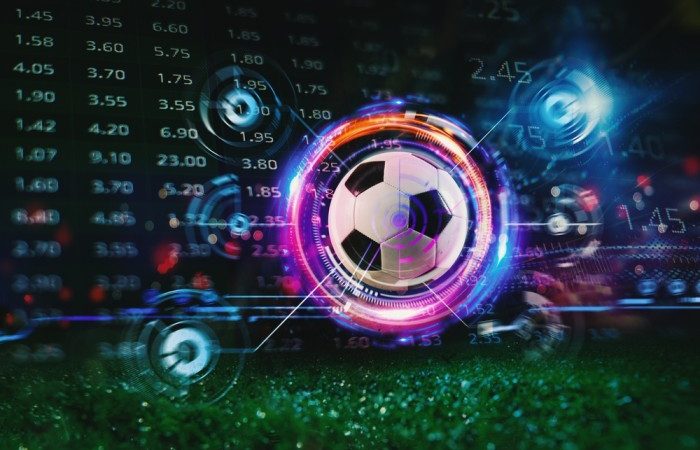Artificial Intelligence (AI) is transforming the way we live our lives. From simple voice assistants to advanced autonomous systems, AI has become an integral part of our everyday existence. This article will explore how AI is changing our lives and what we can expect in the future.
AI has been around for decades, but recent advances in machine learning and natural language processing have made it more powerful and versatile than ever before. Today, AI is used in a wide range of industries, from healthcare and finance to entertainment and transportation. As AI continues to evolve, its impact on our lives is only going to grow.
Understanding Artificial Intelligence
Before we dive into how AI is changing our lives, it’s important to understand what AI is and how it works. AI is a branch of computer science that involves creating intelligent machines that can think and learn like humans. At its core, AI is based on the idea that machines can be programmed to simulate human intelligence and decision-making processes.
AI in Healthcare
One of the most significant ways that AI is changing our lives is through its impact on healthcare. AI-powered systems are now being used to diagnose diseases, identify potential health risks, and even develop new treatments. For example, AI is being used to analyze large amounts of medical data to identify patterns and insights that can help doctors make more informed decisions.
AI in Finance
AI is also transforming the finance industry. AI-powered systems are now being used to detect fraud, predict market trends, and make investment decisions. For example, AI algorithms can analyze vast amounts of financial data to identify patterns and predict future market trends, which can help investors make more informed decisions. AI in Investing is certainly a big trend and it’s getting adopted by top banks like Citi and HSBC.
AI in Entertainment
AI is also having a significant impact on the entertainment industry. AI-powered systems are being used to create more personalized experiences for users, such as recommending movies or TV shows based on their viewing history. AI is also being used to create more realistic special effects in movies and video games.
AI in Transportation
AI is also changing the way we travel. Self-driving cars and trucks are becoming increasingly common, and AI-powered systems are being used to optimize traffic flow and reduce congestion. AI is also being used to improve the safety and efficiency of transportation systems, such as by monitoring road conditions and predicting potential hazards.
AI in Education
AI is also being used to transform the education industry. AI-powered systems can personalize learning experiences for individual students, identify areas where students need extra help, and even grade assignments. For example, AI can analyze student performance data to identify areas where they need additional support and recommend specific learning activities to help them improve.
AI in Manufacturing
AI is also having a significant impact on the manufacturing industry. AI-powered systems are being used to optimize production processes, identify quality issues, and even predict equipment failures. For example, AI can analyze production data to identify bottlenecks and inefficiencies in the manufacturing process, which can help companies improve productivity and reduce costs.
Ethical Considerations
As AI continues to become more advanced and powerful, it’s important to consider the ethical implications of its use. For example, there are concerns about the potential for AI to automate jobs and eliminate human workers. There are also concerns about privacy and data security, as AI systems may collect and analyze large amounts of personal data.
The Future of AI
Despite these concerns, the future of AI looks bright. AI is expected to continue to transform the way we live our lives, from healthcare and finance to entertainment and transportation. As AI becomes more powerful and versatile, we can expect it to have an even greater impact on our lives in the years to come.





